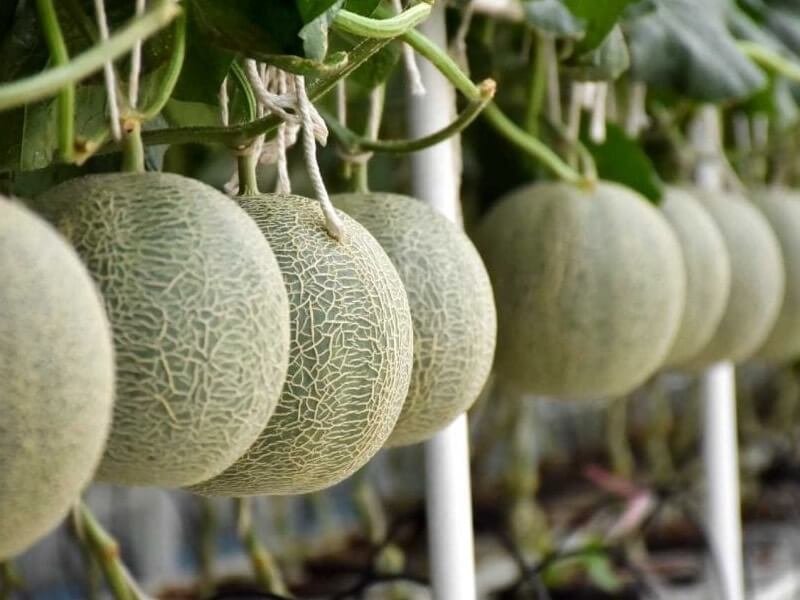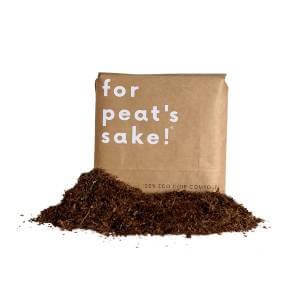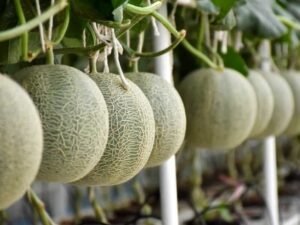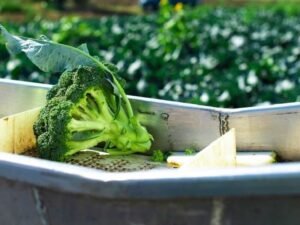Introduction
Welcome to the ultimate guide on how to grow edible melons at home in the UK! Whether you have a spacious garden or a small balcony, growing your own melons can be a rewarding and delicious experience. In this step-by-step guide, we will walk you through everything you need to know to successfully grow melons right in your own backyard.
Why Should I Grow Melons?
Growing your own melons offers a multitude of benefits. Firstly, the taste of a homegrown melon is incomparable to store-bought ones. The juicy sweetness and vibrant flavors will leave you craving for more. Secondly, by growing your own melons, you have full control over the cultivation process, ensuring that no harmful chemicals or pesticides are used. Lastly, it’s a fun and fulfilling activity that allows you to connect with nature and enjoy the fruits of your labor.
Where is the Ideal Location to Grow Melons?
Melons thrive in warm and sunny locations, so choose a spot in your garden that receives at least six hours of direct sunlight each day. If you have limited space, consider growing melons in containers or raised beds on a sunny patio or balcony.
Soil Type and Preparing the Soil
Melons prefer well-draining soil with a pH level between 6.0 and 7.0. Before planting, prepare the soil by removing any weeds or debris and incorporating organic matter such as compost or well-rotted manure. This will improve the soil’s fertility and moisture retention.
Watering Tips and Hints
Melons have high water requirements, especially during hot summer months. Water deeply and consistently, aiming to keep the soil evenly moist but not waterlogged. Mulching around the plants can help retain moisture and suppress weeds.
Sowing and Planting Melons
Start by sowing melon seeds indoors in small pots or seed trays about 4-6 weeks before the last frost date. Plant the seeds about 1 inch deep and keep them warm and moist until germination. Once the danger of frost has passed, transplant the seedlings into the garden or containers, spacing them about 2-3 feet apart.
How to Grow Melons from Seed
When growing melons from seed, it’s important to provide them with a warm environment. You can use a heat mat or place the pots near a south-facing window to ensure they receive ample warmth and sunlight. Regularly rotate the pots to prevent the seedlings from leaning towards the light.
How to Plant Out Melons
Before planting out melon seedlings, harden them off by gradually exposing them to outdoor conditions over a period of one to two weeks. Choose a warm and sunny day to transplant them into the ground or containers. Dig a hole slightly larger than the root ball, place the seedling in the hole, and gently firm the soil around it.
General Care for Melons
Once your melon plants are established, provide them with regular care. Water deeply when needed, especially during dry spells. Feed the plants every two weeks with a balanced organic fertilizer. Monitor for pests and diseases, and take prompt action if any issues arise.
How to Harvest Melons
Harvesting melons at the right time is crucial for optimal flavor and sweetness. Most melons are ready to be picked when the skin changes color, the stem easily separates from the fruit, and the fruit sounds hollow when tapped. Cut the melons from the vine using a sharp knife, leaving a short stem attached.
How to Store Melons
If you can resist devouring your freshly harvested melons right away, they can be stored in a cool, dry place for a few days. Alternatively, you can refrigerate them to prolong their shelf life. Just remember to bring them to room temperature before enjoying for the best flavor.
Problems in Growing Melons: Common Pests and Diseases
Like any plant, melons are susceptible to pests and diseases. Common pests include aphids, cucumber beetles, and spider mites. To prevent and manage these pests, encourage beneficial insects, practice crop rotation, and use organic pest control methods. Fungal diseases such as powdery mildew can be minimized by providing good air circulation and avoiding overhead watering.
Where to Buy Melons
You can find melon seeds or seedlings at local garden centers, nurseries, or online seed suppliers. Look for reputable sources that offer a wide variety of melon cultivars suitable for your growing region.
What are the Best Melon Varieties to Grow and Why?
There are numerous melon varieties to choose from, each with its own unique flavor and characteristics. Some popular melon varieties for UK gardeners include ‘Charentais’, ‘Sugar Baby’, and ‘Honeydew’. Consider the size, taste, and growing requirements of each variety to find the best fit for your garden.
What Tools Will I Need to Grow Melons?
Growing melons requires a few essential tools. These include a garden spade or fork for soil preparation, a watering can or hose for irrigation, a trellis or support system for vining varieties, and a sharp knife for harvesting.
Conclusion
Growing your own melons at home in the UK is a delightful and rewarding experience. By following the steps outlined in this guide, you’ll be able to enjoy the sweet taste of homegrown melons while reaping the benefits of gardening. Get started today and savor the flavors of your own delicious melons!
Frequently Asked Questions
Q: Can I grow melons in containers?
A: Yes, melons can be successfully grown in containers as long as they have enough space and receive adequate sunlight and water.
Q: How long does it take for melons to mature?
A: The time it takes for melons to mature can vary depending on the variety, but it typically ranges from 70 to 90 days from planting to harvest.
Q: Can I save seeds from my harvested melons?
A: Yes, you can save seeds from your harvested melons. Simply scoop out the seeds, rinse them clean, and allow them to dry completely before storing them in a cool, dry place.
Keywords: growing melons, how to grow melons, edible melons, homegrown melons, ideal location for melons, soil preparation for melons, watering tips for melons, sowing melons, planting melons, general care for melons, harvesting melons, storing melons, problems in growing melons, common pests and diseases, where to buy melons, best melon varieties, tools for growing melons, UK gardeners, frequently asked questions.




































